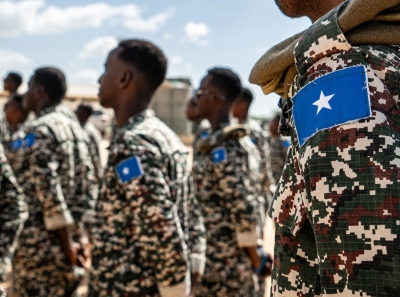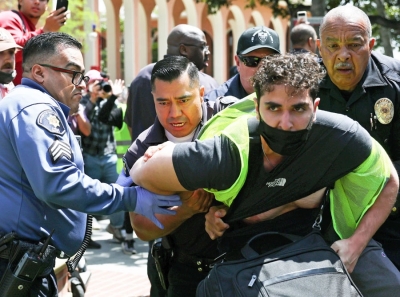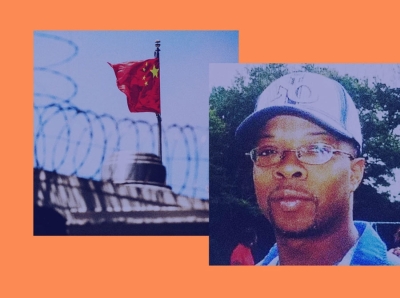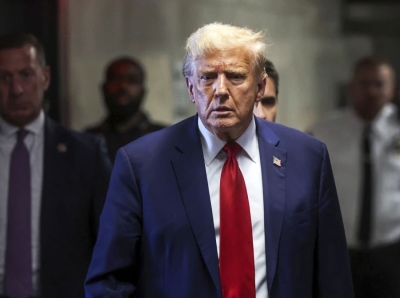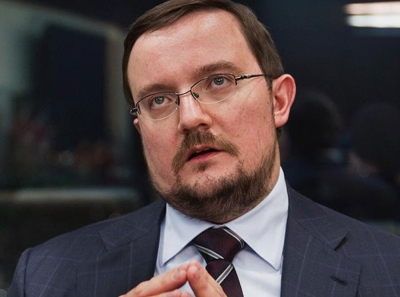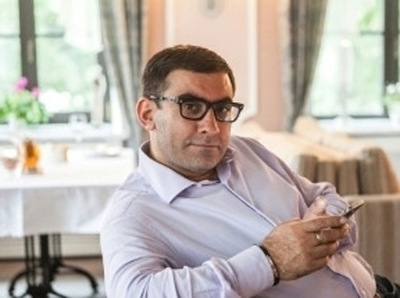Has the EU got its defence industrial strategy right?
The EU Commission has presented a new strategy and legislative proposal for the European defence industry. The plans foresee 1.5 billion euros in investments in the defence sector and require that by the end of the decade 50 percent of EU spending on weapons and ammunition is to go to manufacturers within Europe, compared to the current 20 percent. More joint EU purchases are also planned.
A sensible investment for the future
Only far-sighted policies can avert threats to the EU, Večernji list writes with a nod to Brussels’ announcement:
“Russia’s aggression in Ukraine shows that wars are won not only by equipping, training and motivating the army, not only by having the right goal to fight for, but also by having good logistics, ample weapons and ammunition supplies — and a strong defence industry. Because once the supplies are used up it comes down to a war between opposing defence industries. That is the logic of this move: to finance the building up of defence industry capacities in Europe, because this is an investment not only in security, but also in jobs.”
Tussle between Germany and France weakens EU
The lack of consensus between Germany and France on the Ukraine strategy is a real obstacle to Brussels’ plans, writes NRC:
“Scholz continues to put his faith primarily in the Americans for Europe’s security within Nato. This is a risky decision, also in view of the prospect of a second term for Donald Trump. ... The European Commission may have presented promising plans on Tuesday to make the European defence industry battle-ready. However the Franco-German tussle creates the impression that things won’t happen that quickly. The turnaround that Scholz once promised requires both Berlin and Paris to take steps to come closer together strategically.”
Key questions not being addressed
The taz is uncomfortable with the current focus on military issues:
“This may make sense in a threatening situation caused by a common opponent — the Russian president — and a war with no end in sight. ... But so far the question of which social or climate policy projects will fall victim to military and defence spending has yet again been omitted. In these times of economic difficulties in almost all EU states, there will undoubtedly have to be cutbacks. But an honest debate about the winners and losers of arms investments has so far been lacking. Not to mention a discussion about the character of the EU as a peace-orientated project.”

